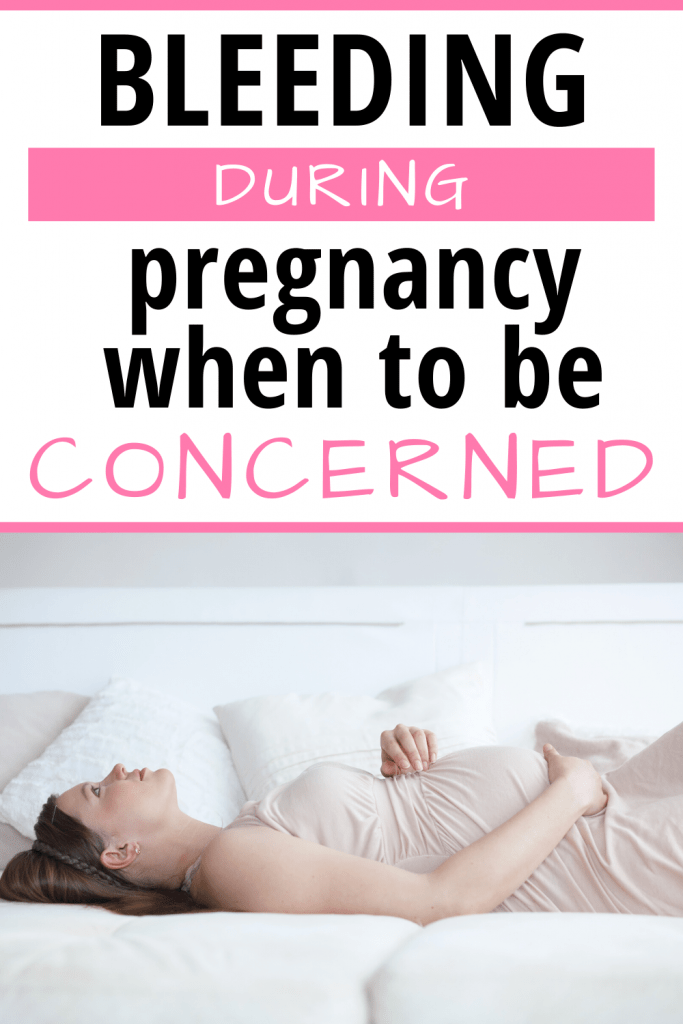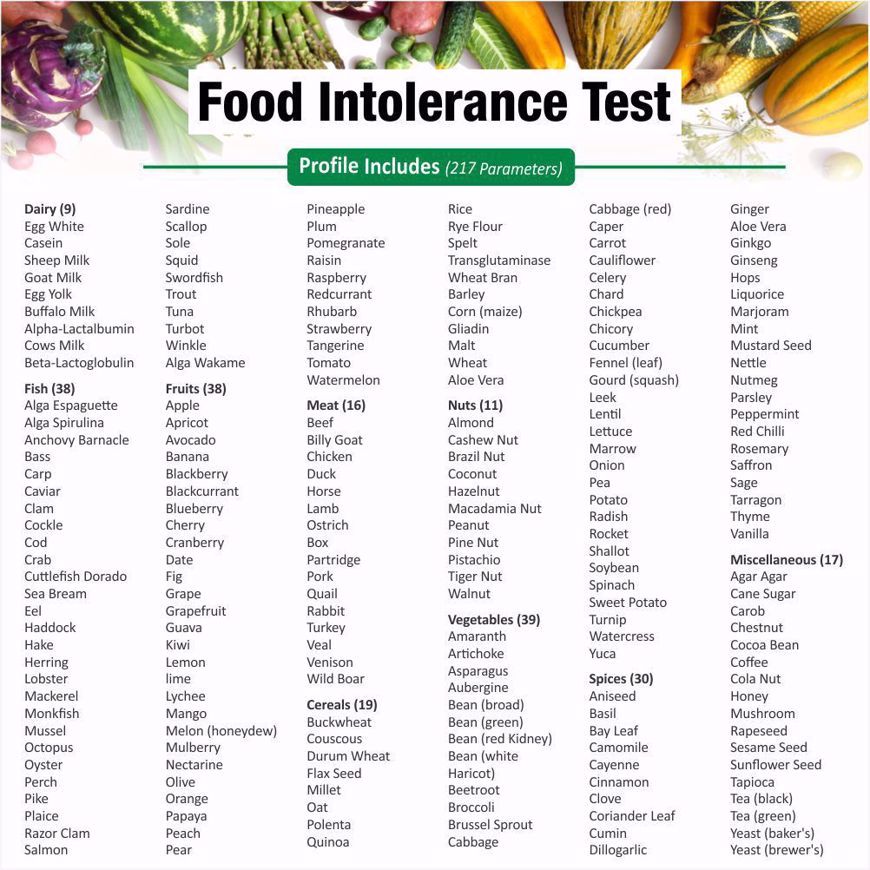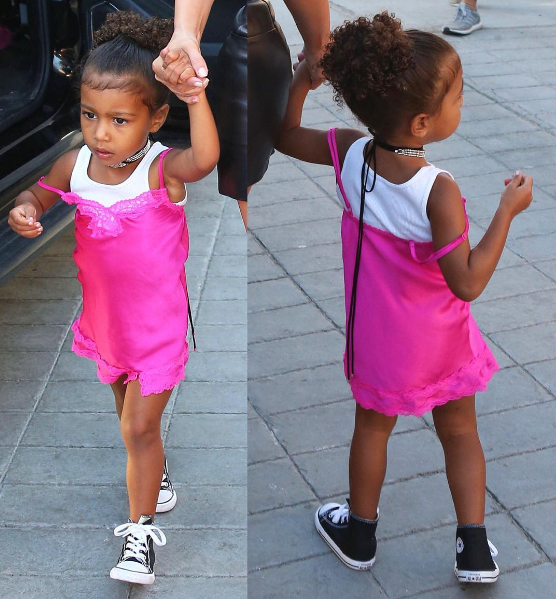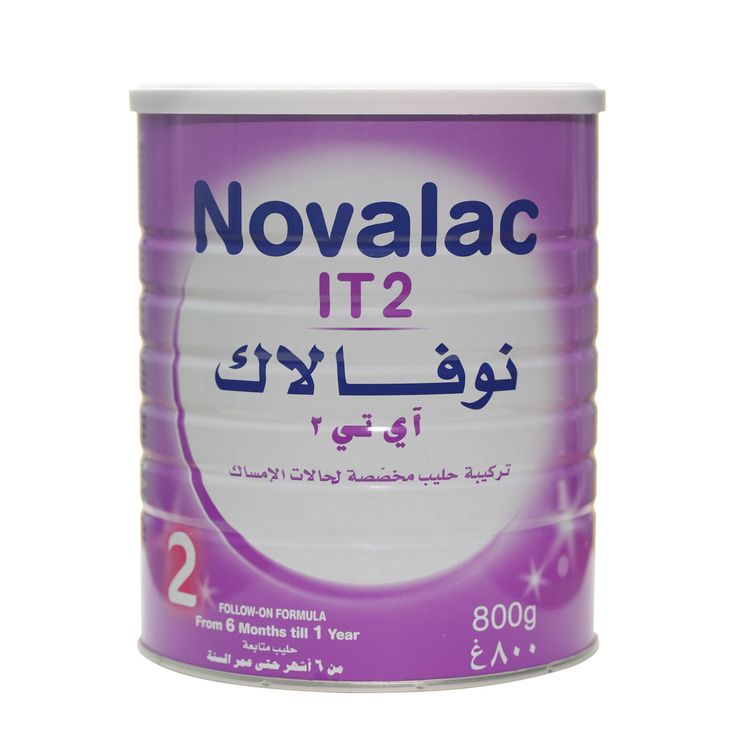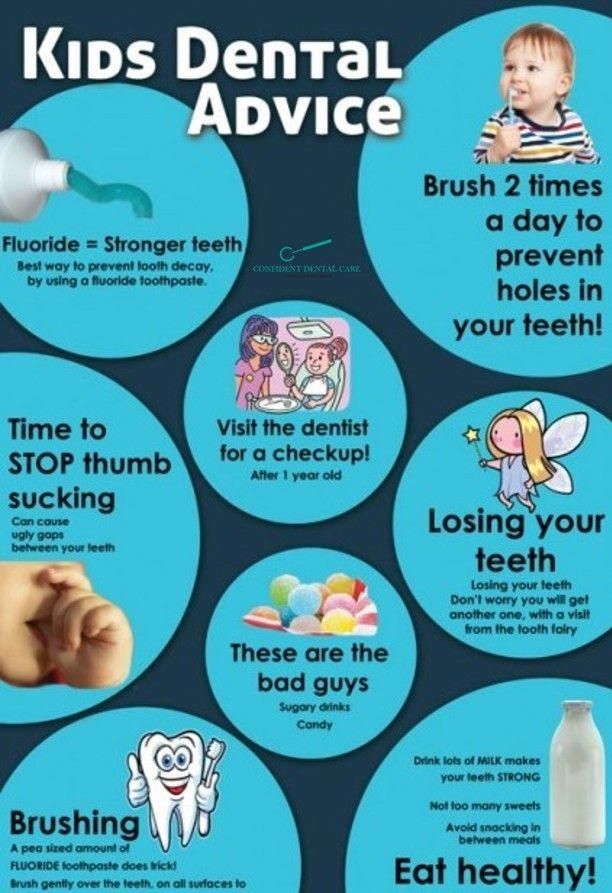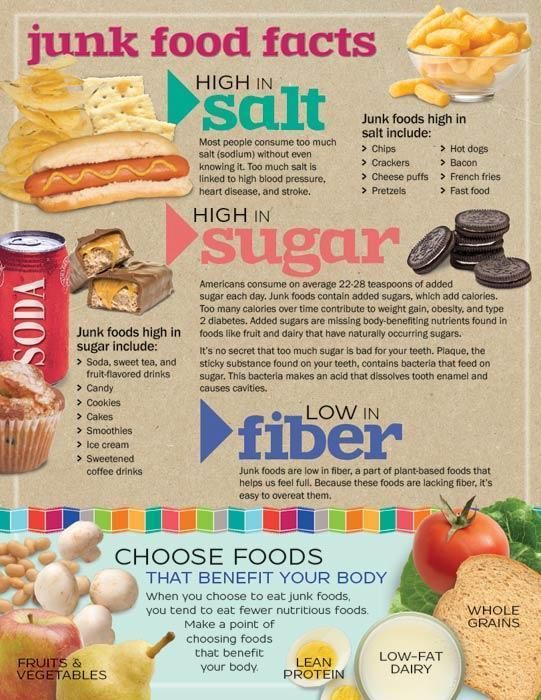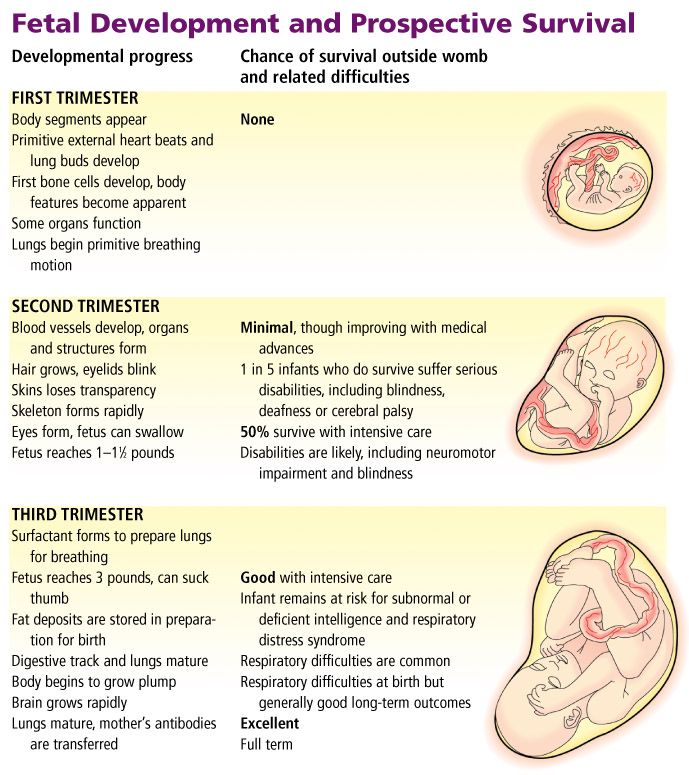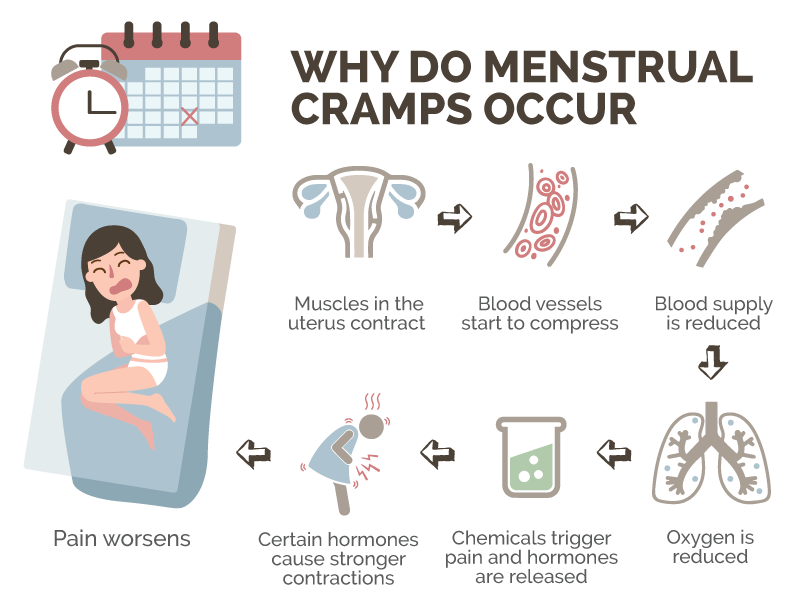What to do for pregnancy cramps
Pregnancy Cramps: What They Mean and When to Worry
When you’re pregnant, your body undergoes many changes as it makes room for your little one (or two or more!). While some of these changes may be no big whoop, others, particularly things like cramping, can have you quickly searching Google for their causes.
While some mild pregnancy cramps are a normal symptom of your ever-expanding body, other cramps could indicate a serious problem. Pregnancy cramps can give many women anxiety, so it’s important to know the common reasons for their occurrence and what you should do about them.
We asked Srijaya Soujanya Nalla, MD, an OBGYN at Banner Health Clinic in Loveland, CO, to help explain the normal causes for cramping, abnormal causes and treatment recommendations for both.
[However, if you’re experiencing severe cramping with or without bleeding, stop reading this article and call your doctor immediately.]
What’s considered normal cramping during pregnancy?
“Early on in your pregnancy, it’s natural to feel some mild cramping in your lower abdomen at infrequent times as your body prepares for your growing baby,” Dr. Nalla said.
As your belly grows, so does your uterus. This may cause you to feel some slight pulling, tugging or stretching similar to menstrual cramps.
“Later in your pregnancy, you may experience some mild lower abdominal discomfort due to the tightening of your uterus. These are normal as long as they occur in irregular intervals and subside on their own,” Dr. Nalla said. “A common cause later in pregnancy is due to round ligament pain, a muscle that supports the uterus. As it stretches, it can cause some mild aches and pains.”
Other causes for mild cramping include:
- Implantation bleeding
- Gas, bloating and constipation
- Sex
- Exercise
- Braxton Hicks contractions
What should I do for mild cramping while pregnant?
Time your cramps to see how regular they are and how often you feel them. “As long as they don’t fall into the abnormal category, there are some things that you can do to make them better,” Dr. Nalla said. Some of these activities include:
Nalla said. Some of these activities include:
- Rest: Try to sit, lie down or change positions.
- Soak in the tub: Take a warm soak in the tub or a warm shower.
- Take some acetaminophen: Products like Tylenol are commonly used by pregnant women for pain and fever but talk to your health care provider first.
- Practice deep breathing: Use relaxation techniques such as meditation, yoga or controlled breathing.
- Stay hydrated: Pregnant women need 50 percent more water. Keep a bottle of water on hand wherever you go.
When should I be concerned about cramping during pregnancy?
While cramping can be common, there are some serious causes of abdominal pain you shouldn’t ignore.
“Any cramping that is severe in intensity, occurs at regular intervals and progressively gets worse with time is abnormal,” Dr. Nalla said. “In addition, any amount of cramping associated with vaginal bleeding, increased/watery discharge, or pelvic pressure is not normal either.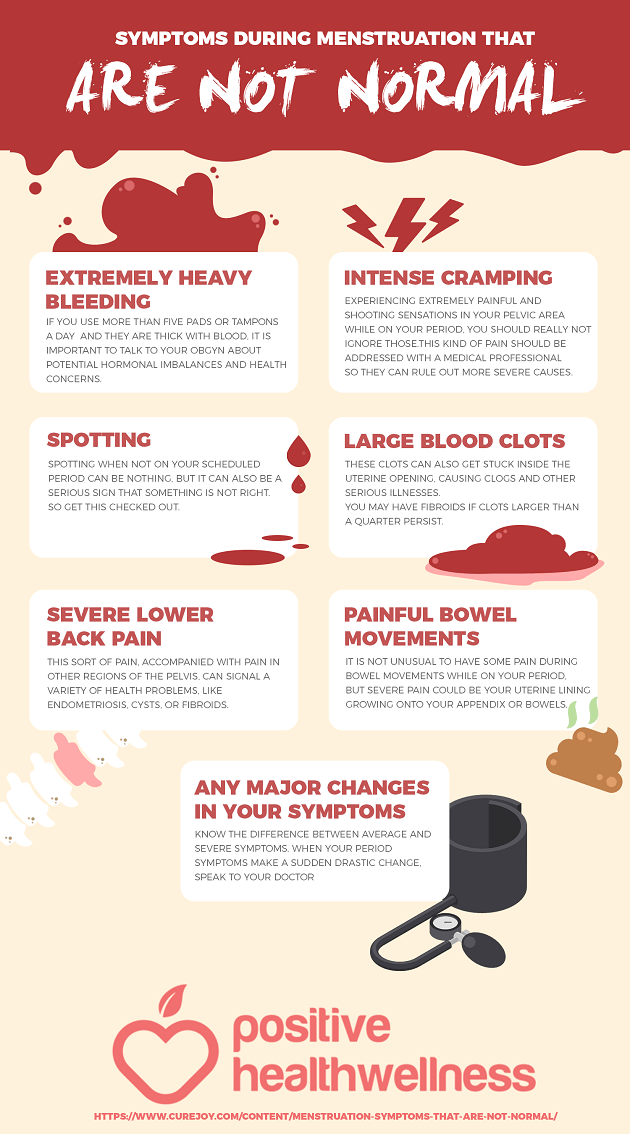 ”
”
Some causes for abnormal cramping may be due to:
- Ectopic pregnancy
- Miscarriage
- Preeclampsia
- Bladder infection or urinary tract infection
What should I do if I’m concerned about the cramping?
It’s normal to experience some mild cramping during pregnancy, but always speak with your health care provider if you are ever concerned or are experiencing the above warning symptoms.
“In some cases, an ultrasound can be done to help determine the cause for severe cramping,” Dr. Nalla said. “Sometimes severe cramping can be the first sign of an ectopic pregnancy or a miscarriage. Other times, it could be non-pregnancy related issues like a bladder infection or constipation which are quite common in pregnancy.”
When it comes to your health and the health of your baby, it’s better to err on the side of caution and talk to your health care provider.
You can find a Banner Health specialist near you by visiting bannerhealth. com or for general pregnancy-related questions, you can call the Banner Health Nurse Now at 844-259-9494 for free, 24/7 medical advice.
com or for general pregnancy-related questions, you can call the Banner Health Nurse Now at 844-259-9494 for free, 24/7 medical advice.
Related Pregnancy Articles:
- Is a Headache During Pregnancy Something to Worry About?
- If You’re Expecting and Your Hands and Feet Itch, It Could Be Cholestasis
- Expect the Unexpected: How Your Body Changes During Pregnancy
- Prenatal Screenings and Tests: What to Expect Every Trimester
- Driving While Pregnant: Common Questions Answered
Women's Health Pregnancy
Join the Conversation
7 Ways To Get Rid Of Cramps During Pregnancy
You’ve finally fallen asleep after trying to find a comfortable position for twenty minutes, when all of a sudden, your calf muscle contracts in a painful cramp. Now you’re writhing around, clutching your sore leg, trying to get the muscle to relax.
Like morning sickness, cramps during pregnancy are one of those little problems you would happily do without. Unfortunately, cramps occur more frequently during pregnancy because of the hormonal changes that affect your circulation. While these painful episodes can keep you up at night and interrupt your day, they are not harmful and can easily be prevented. Here are seven ways to get rid of cramps during pregnancy that will have you resting easy all night long.
Unfortunately, cramps occur more frequently during pregnancy because of the hormonal changes that affect your circulation. While these painful episodes can keep you up at night and interrupt your day, they are not harmful and can easily be prevented. Here are seven ways to get rid of cramps during pregnancy that will have you resting easy all night long.
1. Drink 8 Cups Of Water Every Day
Cramps occur more often when your body is dehydrated. Therefore, it’s important to drink plenty of water while you’re pregnant. We recommend drinking at least eight cups of water to keep cramps at bay. Try drinking two cups of water with each meal and sipping from a water bottle between meals. You can also increase your intake of water-rich foods like cauliflower, spinach, peppers, and carrots. These foods are also great sources of vitamins and minerals that can help you stay healthy throughout your pregnancy.
2. Stop Smoking For Your Health And Your Baby’s Health
Stop smoking as soon as you know you’re pregnant—not just to prevent cramps, but for your health and the health of your developing child.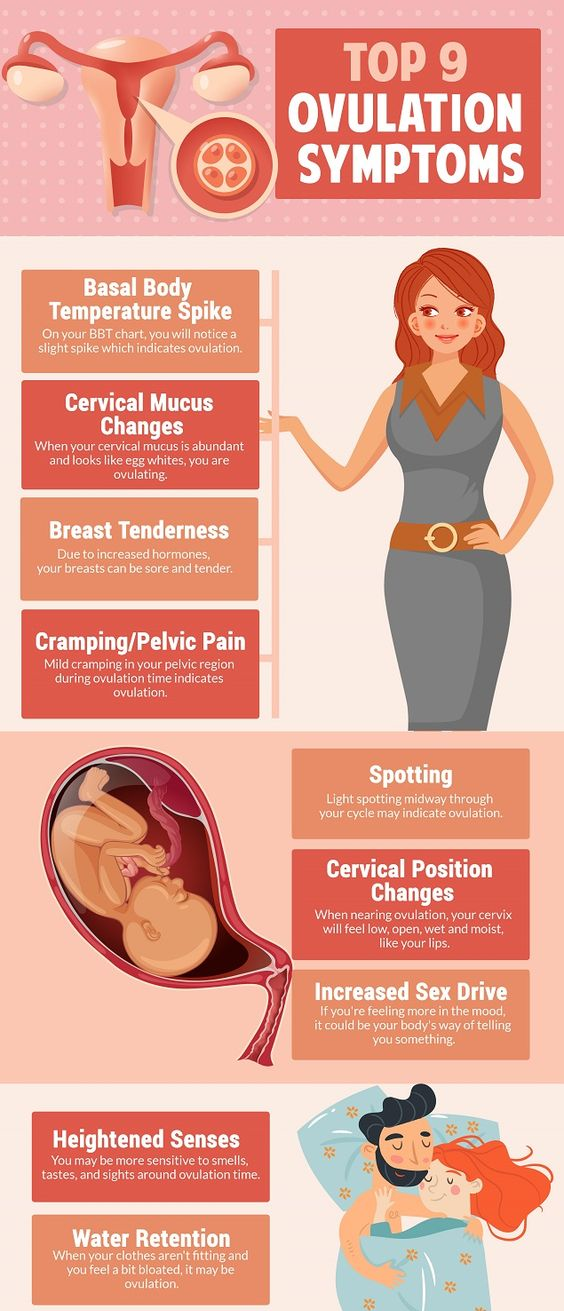 Smoking causes your blood vessels to narrow, a process known as vasoconstriction. It also increase the levels of CO2 in your blood while decreasing the amount of oxygen your muscles receive. This narrowing of the blood vessels and increase in CO2 makes cramps more likely to occur. Do yourself and your baby a favor, stop smoking as soon as possible.
Smoking causes your blood vessels to narrow, a process known as vasoconstriction. It also increase the levels of CO2 in your blood while decreasing the amount of oxygen your muscles receive. This narrowing of the blood vessels and increase in CO2 makes cramps more likely to occur. Do yourself and your baby a favor, stop smoking as soon as possible.
3. Talk To Your Doctor About Taking Extra Magnesium
A lack of magnesium in your diet can negatively affect your muscles’ ability to relax. That can make your body more prone to cramps. If cramps are a continuous problem, we suggest talking to your doctor about getting more magnesium, be it through dietary changes or through a prenatal supplement. Foods like spinach, walnuts, bananas, and dark chocolate are excellent natural sources of magnesium. Your doctor might actually utter the words “You need to eat more chocolate.”
4. Stretch To Get Rid Of Cramps During Pregnancy
Stretching is a great way to relax cramped muscles.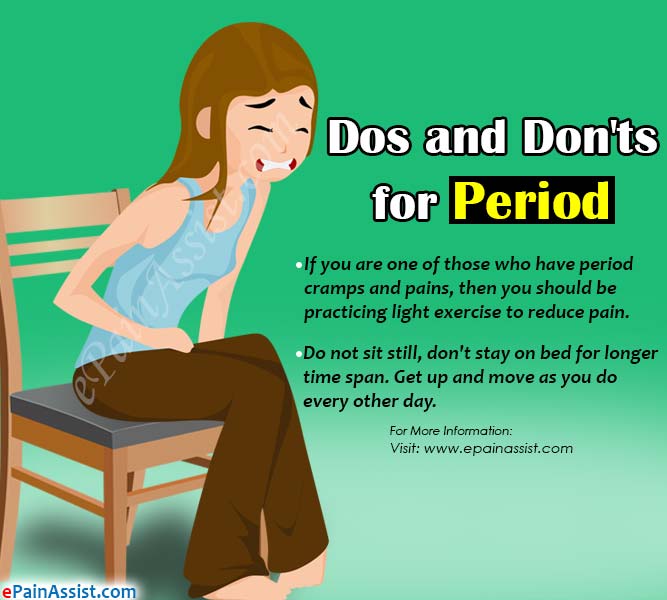 It’s also a great way to prevent those cramps from occurring in the first place. Pay special attention to the muscle groups you find cramp most often. If you’re prone to nighttime cramps, try doing some light stretches before bed. Stretch your hamstrings, your quadriceps, and your calves because these are the muscles most likely to cramp at night.
It’s also a great way to prevent those cramps from occurring in the first place. Pay special attention to the muscle groups you find cramp most often. If you’re prone to nighttime cramps, try doing some light stretches before bed. Stretch your hamstrings, your quadriceps, and your calves because these are the muscles most likely to cramp at night.
5. Elevate Your Legs While You Sleep
Elevating your legs while you sleep is a simple and comfortable way to alleviate leg cramps during pregnancy. We recommend placing one or two pillows under your lower legs so that your knees, calves, and feet are slightly higher than your hips. This will help increase circulation between the heart and the feet and decrease the lactic acid buildup that causes your muscles to cramp. Elevating your legs also takes pressure off of your lower back, which is a welcome relief when you’re pregnant.
6. Get Plenty Of Sleep
Lack of sleep causes fatigue, which increases the likelihood that your muscles will cramp. It’s a vicious cycle when you don’t take action. A cramp wakes you up in the middle of the night, causing you to lose sleep, leaving you fatigued and your muscles more likely to cramp the next night. Here is a simple way to interrupt that uphill battle: take a nap. Even a quick twenty-minute nap in the afternoon can go a long way toward keeping you rested and cramp-free.
It’s a vicious cycle when you don’t take action. A cramp wakes you up in the middle of the night, causing you to lose sleep, leaving you fatigued and your muscles more likely to cramp the next night. Here is a simple way to interrupt that uphill battle: take a nap. Even a quick twenty-minute nap in the afternoon can go a long way toward keeping you rested and cramp-free.
7. Relax With A Gentle Massage
There’s nothing better than a good massage. It’s a wonderful way to relax after a long day at work or at home with the kids. It’s also a great way to prevent cramps during pregnancy. Massage increases blood flow and keeps the muscles, tendons, and ligaments relaxed. This, in turn, keeps muscles loose and decreases the likelihood that they will cramp.
The nice thing about massaging to prevent cramps is that you can do it yourself. Sure, it’s nice to get your partner involved, but that isn’t always possible when you’re busy. For leg cramps, gently knead the front and back of your upper and lower legs for fifteen minutes.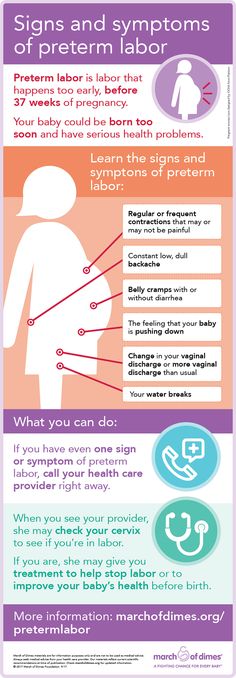 Spend about five minutes on each muscle group. You can do this anytime, but it’s especially useful to do at night so you aren’t startled awake by a cramp in your hamstring.
Spend about five minutes on each muscle group. You can do this anytime, but it’s especially useful to do at night so you aren’t startled awake by a cramp in your hamstring.
While you’re massaging to prevent cramps, why not prevent stretch marks at the same time? Instead of using just any old cream or oil, try a stretch mark prevention product like Mustela’s Stretch Marks Cream or Oil. It makes a great addition to any massage and can be used on your legs, belly, hips, and bust to prevent stretch marks. It’s the ultimate 2-in-1 product for expectant moms!
Interventions for leg cramps during pregnancy
What is the problem?
Leg cramps manifest themselves as sudden, intense involuntary contractions of the leg muscles. This is a common problem during pregnancy, especially in the third trimester. They are painful and can interfere with daily activities, disrupt sleep, and reduce quality of life. Various types of interventions are used to treat leg cramps during pregnancy, including medications, electrolytes (magnesium, calcium, sodium) and vitamins, as well as non-drug therapies such as muscle stretching.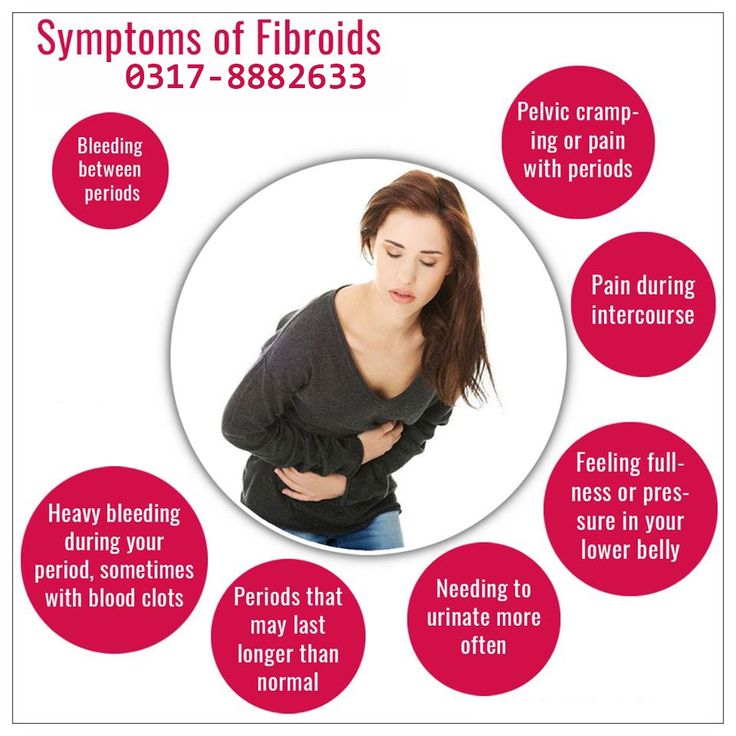 nine0005
nine0005
Why is this important?
The aim of this review was to find out which treatment for leg cramps during pregnancy is effective and safe.
What evidence did we find?
In September 2019, we searched for evidence and identified eight randomized controlled trials in 576 women 14 to 36 weeks pregnant comparing magnesium, calcium, calcium with vitamin D or B vitamins versus placebo or no treatment, and compared vitamin C with calcium. All drugs were given as tablets to chew or swallow. nine0005
Magnesium supplements may reduce the incidence of leg cramps in women compared with placebo or no treatment, although studies have not been consistent. Different studies have assessed the effect of magnesium supplementation differently. Some studies have shown magnesium to help reduce the incidence of leg cramps, while others have shown little or no effect.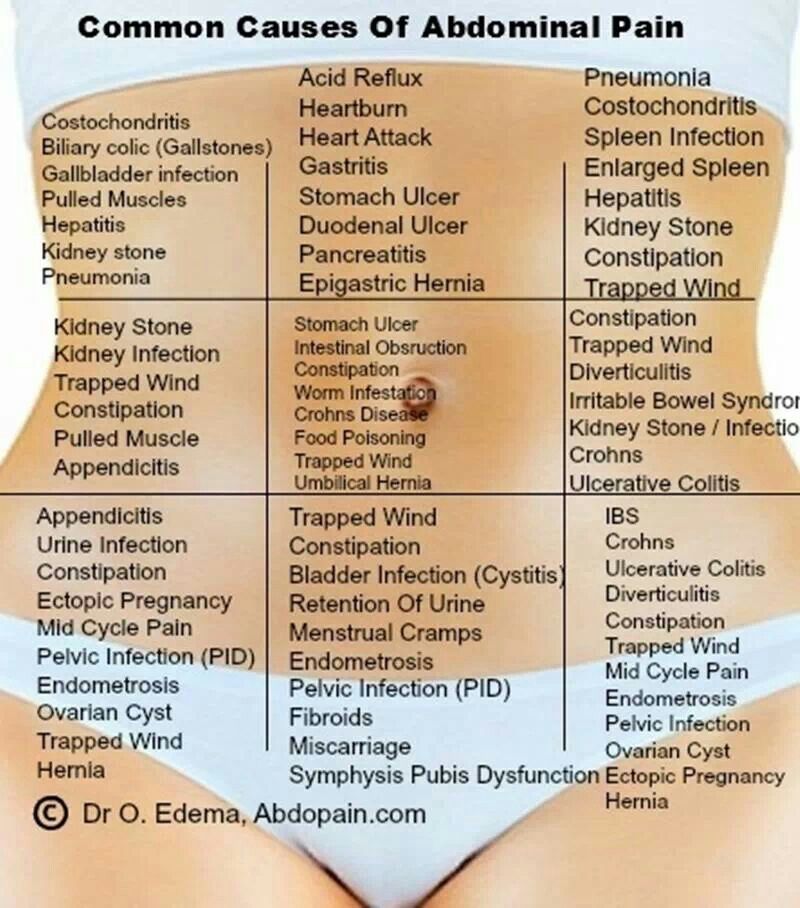 Data on the effect of magnesium on pain reduction was also inconclusive, with only one study showing a reduction in pain intensity, while others showed no difference. Differences in the occurrence of side effects such as nausea and diarrhea were negligible or non-existent. nine0005
Data on the effect of magnesium on pain reduction was also inconclusive, with only one study showing a reduction in pain intensity, while others showed no difference. Differences in the occurrence of side effects such as nausea and diarrhea were negligible or non-existent. nine0005
Calcium did not always reduce the incidence of leg cramps in women after treatment compared to those who did not receive any treatment. It also found that the evidence was of very low quality, so we cannot be sure of the results.
More women who received B-vitamin supplements made a full recovery compared to those who received no treatment; however, these results were based on a small sample size and the study had design limitations. nine0005
Frequency of leg cramps did not differ between women receiving calcium and women receiving vitamin C. with placebo.
What does this mean?
The quality of the evidence was low to very low. This was mainly due to small study sample sizes and study design weaknesses.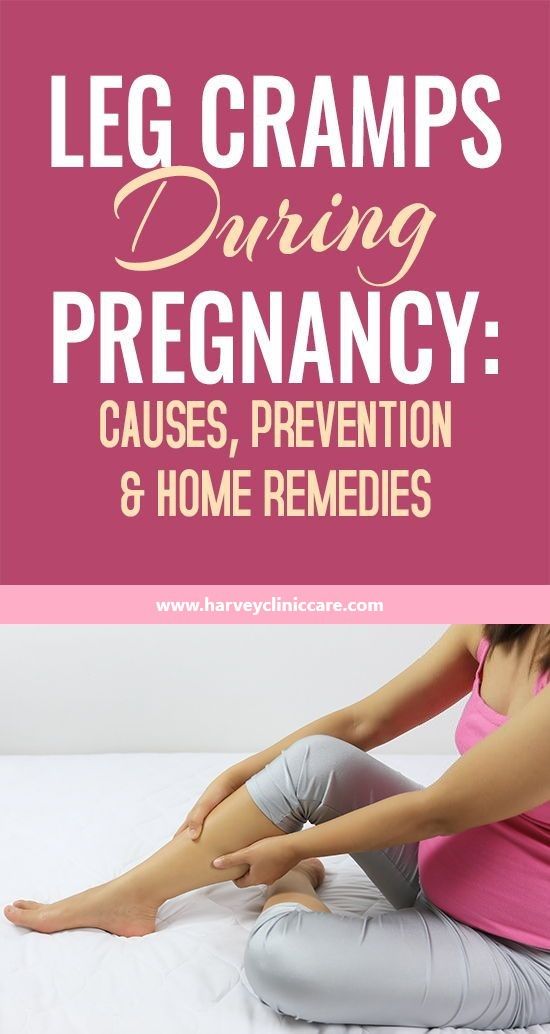 Four studies were well-conducted and presented their reports. The remaining four had flaws in their design: in several studies, women were not best assigned to different treatment groups, and in two studies, women knew whether they were receiving treatment or not. Adverse effects, such as the effect of treatment on complications of pregnancy, childbirth and child, were not reported. Several studies have focused primarily on serum calcium and magnesium levels. The frequency and intensity of seizures and duration of pain were not uniformly reported, and there was often no information on whether they were assessed during treatment, at the end of treatment, or after treatment was discontinued. nine0005
Four studies were well-conducted and presented their reports. The remaining four had flaws in their design: in several studies, women were not best assigned to different treatment groups, and in two studies, women knew whether they were receiving treatment or not. Adverse effects, such as the effect of treatment on complications of pregnancy, childbirth and child, were not reported. Several studies have focused primarily on serum calcium and magnesium levels. The frequency and intensity of seizures and duration of pain were not uniformly reported, and there was often no information on whether they were assessed during treatment, at the end of treatment, or after treatment was discontinued. nine0005
It is not clear from the evidence reviewed whether any oral interventions (magnesium, calcium, calcium with vitamin D, B vitamins, vitamin D, or vitamin C) are an effective and safe treatment for leg cramps during pregnancy. Supplements can have different effects depending on how women usually take them. None of the trials looked at forms of treatment such as muscle stretching, massage, relaxation, or heat therapy.
None of the trials looked at forms of treatment such as muscle stretching, massage, relaxation, or heat therapy.
Translation notes:
Translation: Luzan Maria Alexandrovna. Editing: Yudina Ekaterina Viktorovna. Russian translation project coordination: Cochrane Russia - Cochrane Russia, Cochrane Geographic Group Associated to Cochrane Nordic. For questions related to this transfer, please contact us at: [email protected]
Reduces legs during pregnancy: what to do?
Pregnancy is a time of waiting and doubts. Probably, women never have so many questions. Why does it bring her legs together so often? What to do if you wake up with cramps at night? How to deal with this scourge and avoid bouts of pain in the legs? We are looking for answers to these and other questions. nine0005
What are seizures?
Legs cramps not only during pregnancy, from time to time every person faces unpleasant painful cramps. A cramp is a sudden, uncontrollable muscle contraction that a person cannot relax. This condition can be caused by neurological disorders (for example, seizures are characteristic of epilepsy), a number of diseases (such as diabetes mellitus, osteochondrosis, and others), and can also be associated with physiological conditions. After all, convulsions occur, for example, after a strong overload, dehydration, hypothermia, etc. Sometimes cramps cause severe sharp pain. Sometimes it seems that the legs are pulling. During pregnancy, this condition, unfortunately, is noted quite regularly. nine0005
A cramp is a sudden, uncontrollable muscle contraction that a person cannot relax. This condition can be caused by neurological disorders (for example, seizures are characteristic of epilepsy), a number of diseases (such as diabetes mellitus, osteochondrosis, and others), and can also be associated with physiological conditions. After all, convulsions occur, for example, after a strong overload, dehydration, hypothermia, etc. Sometimes cramps cause severe sharp pain. Sometimes it seems that the legs are pulling. During pregnancy, this condition, unfortunately, is noted quite regularly. nine0005
Why do pregnant women cramp their legs?
The mechanism of muscle contraction is quite complex, it involves different ions (charged particles): potassium, calcium, sodium and magnesium. If we are talking about a cramp, that is, a condition when we cannot relax a muscle, then magnesium ions play a leading role here. It is their lack that leads to the fact that women cramp their calves during pregnancy at night.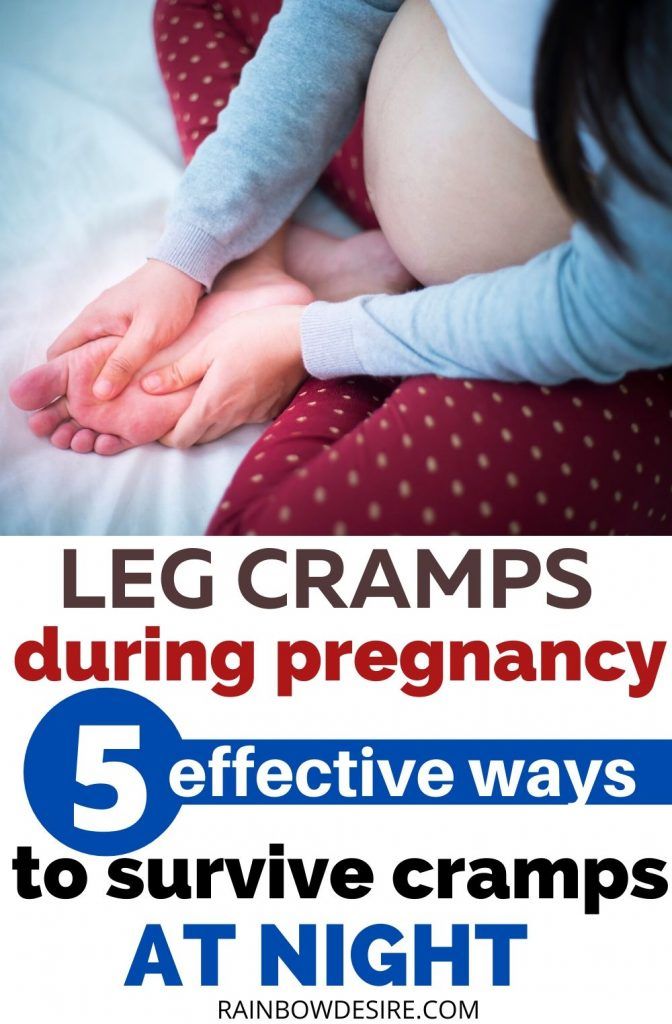
The lack of minerals in the body of the expectant mother is simply explained: such consequences are the restructuring of metabolism and functioning in the "double load" mode. In particular, the expectant mother needs one and a half times more magnesium than usual. nine0005
In addition to helping muscles relax, magnesium is also involved in a number of important physiological processes. In particular, magnesium is needed to regulate the processes of formation and expenditure of energy, it is involved in several hundred enzymatic reactions, and if there is little magnesium, then disturbances can occur in the work of almost any body system. Therefore, if magnesium preparations are prescribed during pregnancy, this recommendation should not be ignored. nine0005
Why do pregnant women cramp their legs at night?
The answer to this question is very simple. The fact is that during the day the body of the expectant mother bears an increased load. And the longer the gestation period, the greater this load.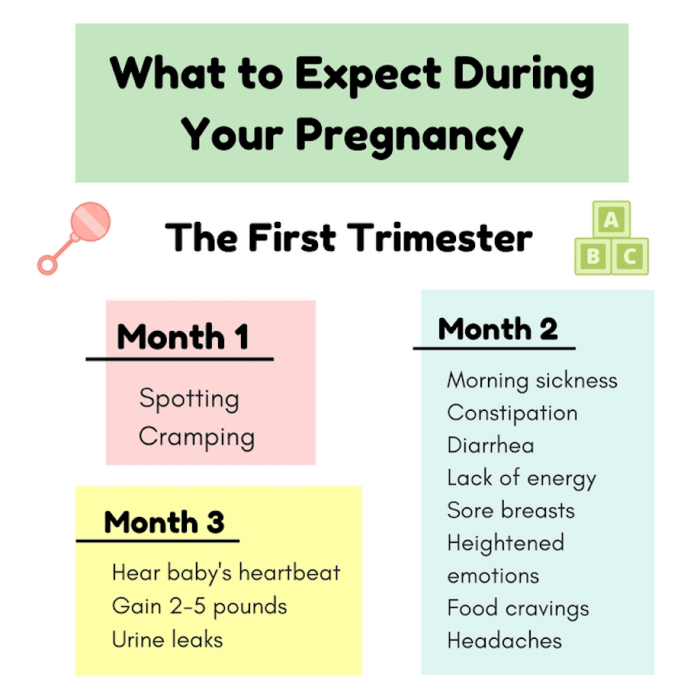 Violation of blood circulation, increased stress on the muscles - all this can cause night cramps.
Violation of blood circulation, increased stress on the muscles - all this can cause night cramps.
What should I do if my legs cramp during pregnancy?
To begin with, tell the doctor you are seeing about this. The magnesium preparations already mentioned, which he most likely recommends to you, can help solve the problem. nine0005
However, the reason that the expectant mother cramps her legs during pregnancy may be not only a metabolic disorder. Often muscle spasms begin as a result of varicose veins - the "faithful" companion of pregnancy. The veins of a woman carrying a baby are subject to increased stress. In addition, hormonal changes in the body seriously affect the state of blood vessels. All this contributes to the development of varicose veins. And a violation of the blood supply to the muscles of the legs, in turn, leads to convulsions.
If the expectant mother is faced with varicose veins, then the best prevention of its progression is to wear compression stockings selected by the doctor in accordance with the gestational age.